Top-Rated Stem Cell Therapy Hospitals in Europe
For patients seeking advanced regenerative medicine, Europe has become a global hub for stem cell therapy. With world-class hospitals, strict medical regulations, and highly skilled specialists, the continent offers some of the best stem cell therapy hospitals in Europe—combining safety, innovation, and exceptional patient care.
From treating complex neurological conditions to repairing orthopedic injuries, European hospitals are redefining what’s possible through regenerative science.
This guide explores the top stem cell therapy hospitals in Europe, the leading countries for treatment, common conditions addressed, and expert tips to help you choose the right facility for your medical journey.
Why Choose Europe for Stem Cell Therapy?
Europe has earned its global reputation for excellence in regenerative medicine thanks to a unique combination of quality, innovation, and patient safety. Here’s why so many patients travel here for care:
Advanced Medical Infrastructure
European countries offer some of the most advanced healthcare systems in the world, featuring modern hospitals, cutting-edge laboratories, and state-of-the-art research centers.
Strict Regulatory Standards
Most European stem cell clinics operate under European Medicines Agency (EMA) and Good Manufacturing Practice (GMP) standards—ensuring safety, purity, and traceability of all stem cell treatments.
Leadership in Research and Innovation
Europe is home to leading clinical research institutions and ongoing stem cell trials, giving patients access to the latest medical advancements and therapies not widely available elsewhere.
Highly Experienced Specialists
European doctors and researchers are internationally recognized experts in regenerative and cellular medicine, many with decades of clinical experience and global training backgrounds.
Top Countries for Stem Cell Therapy in Europe
While many nations offer excellent medical care, a few stand out as global leaders for stem cell treatment based on innovation, reputation, and patient satisfaction.
Germany
Germany is renowned for its precision medicine, advanced clinical standards, and regulatory excellence. Hospitals here offer treatments for orthopedic, neurological, and autoimmune conditions, using state-of-the-art cell processing technologies.
Popular hospitals:
Switzerland
Switzerland combines medical innovation with luxury healthcare. It’s a top destination for anti-aging, orthopedic, and personalized regenerative treatments, focusing on cellular rejuvenation and longevity therapies.
Popular hospitals:
Spain
Spain’s progressive approach to stem cell research and therapy has made it a European hotspot for regenerative treatments. Clinics in Barcelona and Madrid specialize in neurological, orthopedic, and wellness therapies.
Popular hospitals:
Eastern Europe (Bulgaria, Serbia, Slovakia)
Eastern European nations have emerged as affordable alternatives for stem cell therapy in Europe. They offer advanced treatments with experienced specialists at lower costs than Western Europe.
Popular hospitals:
Common Conditions Treated at the Best Stem Cell Therapy Hospitals in Europe
European hospitals use stem cell therapy to target a wide range of chronic and degenerative conditions by repairing, replacing, and regenerating damaged tissues.
-
Orthopedic & Joint Disorders: Osteoarthritis, sports injuries, knee and shoulder degeneration, and back pain.
-
Neurological Disorders: Multiple sclerosis (MS), Parkinson’s disease, stroke recovery, ALS, and spinal cord injuries.
-
Autoimmune Diseases: Lupus, Crohn’s disease, and rheumatoid arthritis, where the therapy helps regulate immune response and promote tissue repair.
-
Developmental & Pediatric Conditions: Autism Spectrum Disorder (ASD) and cerebral palsy, with therapies designed to improve neural and behavioral function.
-
Anti-Aging & Wellness: Facial rejuvenation, energy enhancement, and longevity-focused regenerative programs.
Ready to Explore Your Options?
Get a FREE, no-obligation quote from a top-rated stem cell therapy hospital in Europe.
Request a Free QuoteCost of Stem Cell Therapy in Europe
The cost of treatment depends on the country, medical condition, and therapy complexity. Below are general price ranges across the best stem cell therapy hospitals in Europe:
| Type of Treatment | Estimated Cost (EUR) |
|---|---|
| Localized Orthopedic Treatment | €3,000 – €8,000 |
| Neurological / Autoimmune Therapy | €10,000 – €20,000 |
| Full-Body Anti-Aging Program | €12,000 – €25,000 |
| Hematopoietic Stem Cell Transplant (HSC) | €20,000 – €35,000+ |
Tip: Always request a personalized quote based on your diagnosis, number of sessions, and treatment protocol.
How to Choose the Best Stem Cell Therapy Hospital in Europe
Selecting the right facility can make all the difference in your treatment success. Here’s what to look for:
1. Accreditations and Certifications
Prioritize hospitals with JCI, ISO, or GMP accreditation. These confirm that the clinic adheres to global medical and laboratory standards.
2. Expert Physicians
Check the credentials and specialization of the doctors. Reputable specialists in regenerative medicine often have published research or clinical trial experience.
3. Transparent Treatment Details
The hospital should clearly explain:
-
The type of stem cells used (e.g., mesenchymal, hematopoietic)
-
Their source (e.g., bone marrow, adipose tissue, umbilical cord)
-
The treatment protocol and expected outcomes
4. Evidence-Based Practice
The best stem cell therapy hospitals in Europe actively participate in clinical trials, publish data, and maintain a record of patient outcomes—demonstrating scientific credibility.
Frequently Asked Questions (FAQs)
What types of stem cells are used in European hospitals?
Most hospitals use Mesenchymal Stem Cells (MSCs) from bone marrow, adipose tissue, or umbilical cords. For blood-related disorders, Hematopoietic Stem Cells (HSCs) are commonly used.
Is stem cell therapy a cure?
No. Stem cell therapy promotes tissue regeneration and symptom improvement, but it’s not considered a permanent cure. Reliable hospitals never guarantee results.
How safe is stem cell therapy in Europe?
Extremely safe when conducted in regulated facilities using sterile, accredited laboratories. European regulations are among the strictest in the world.
Do European hospitals treat international patients?
Yes. Most of the best hospitals have international patient departments that assist with travel arrangements, language interpretation, and accommodation.
Start Your Regenerative Health Journey Today
Choosing one of the best stem cell therapy hospitals in Europe gives you access to world-class medical expertise, advanced technology, and proven regenerative treatments. Whether you’re seeking relief from a chronic condition or looking to rejuvenate your health, Europe offers safe, effective, and innovative options.
Contact PlacidWay today to connect with accredited hospitals and specialists offering personalized stem cell therapy in Europe. Take the next step toward a healthier, more vibrant life.

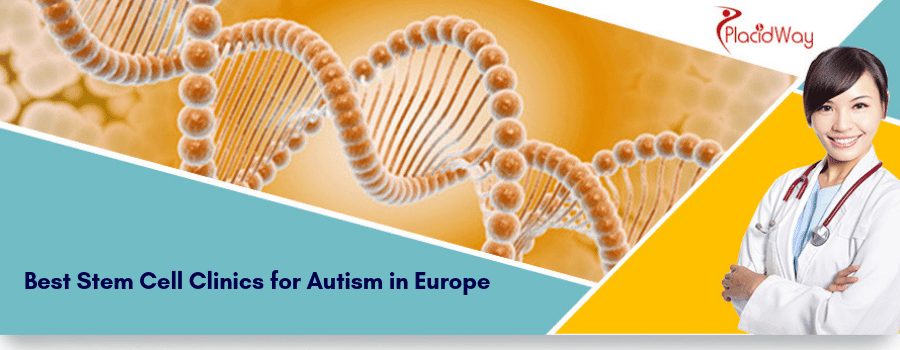

.png)




.png)
.png)
.png)
.png)
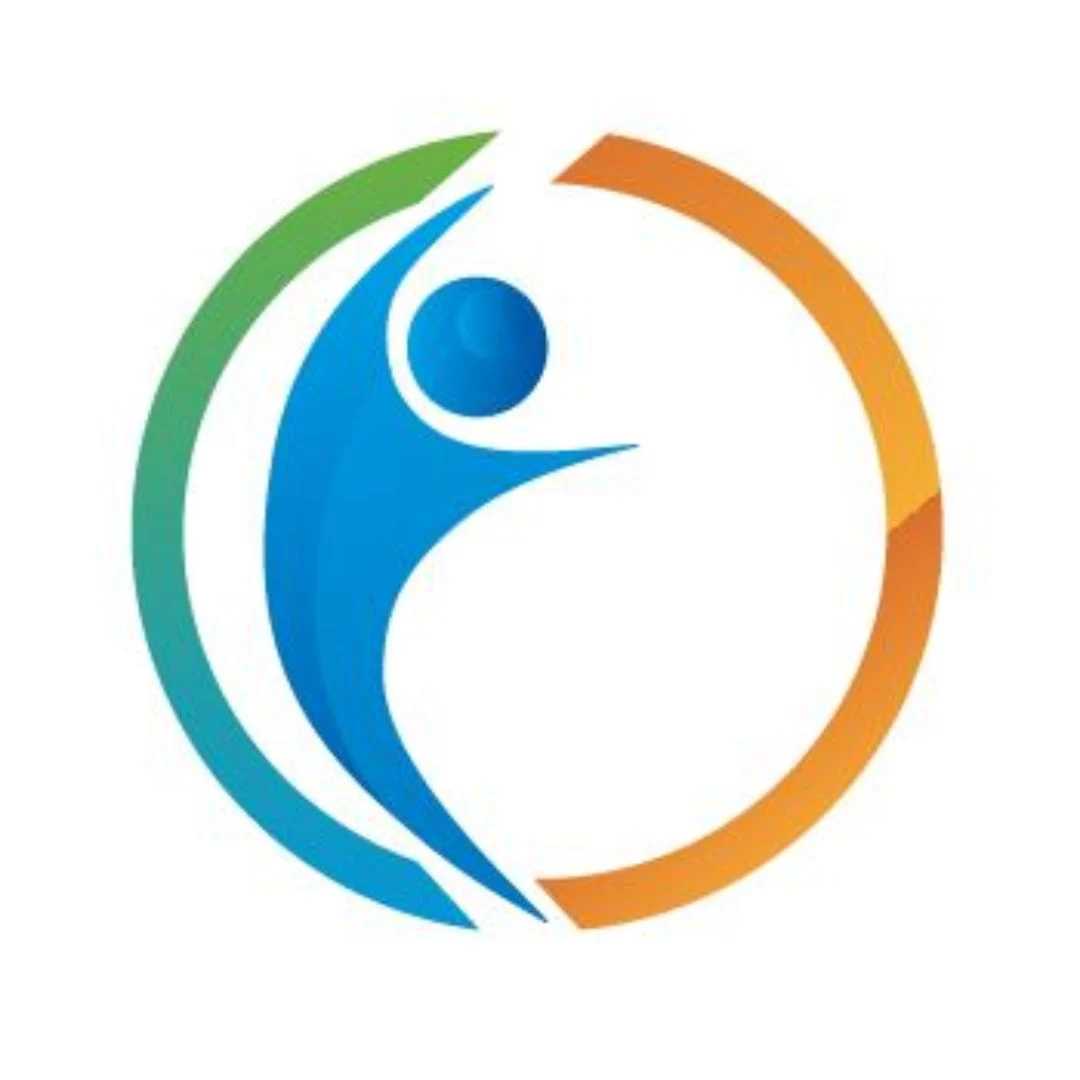
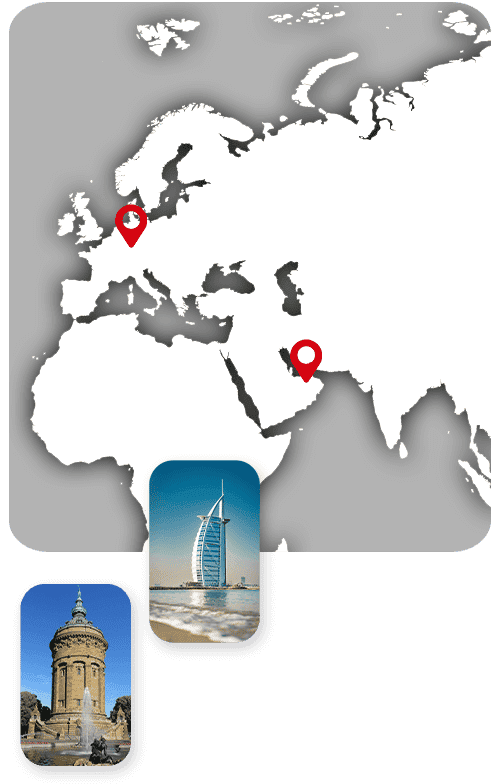
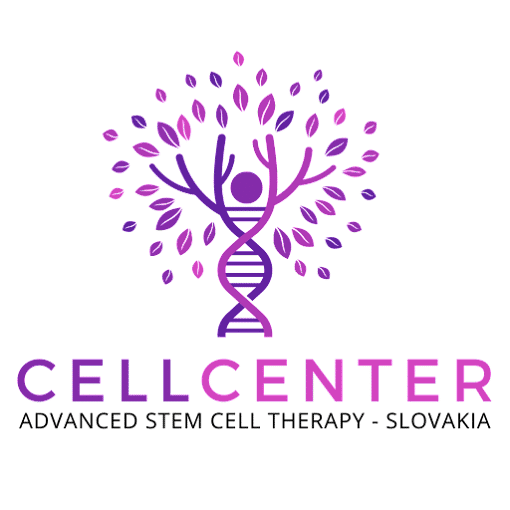
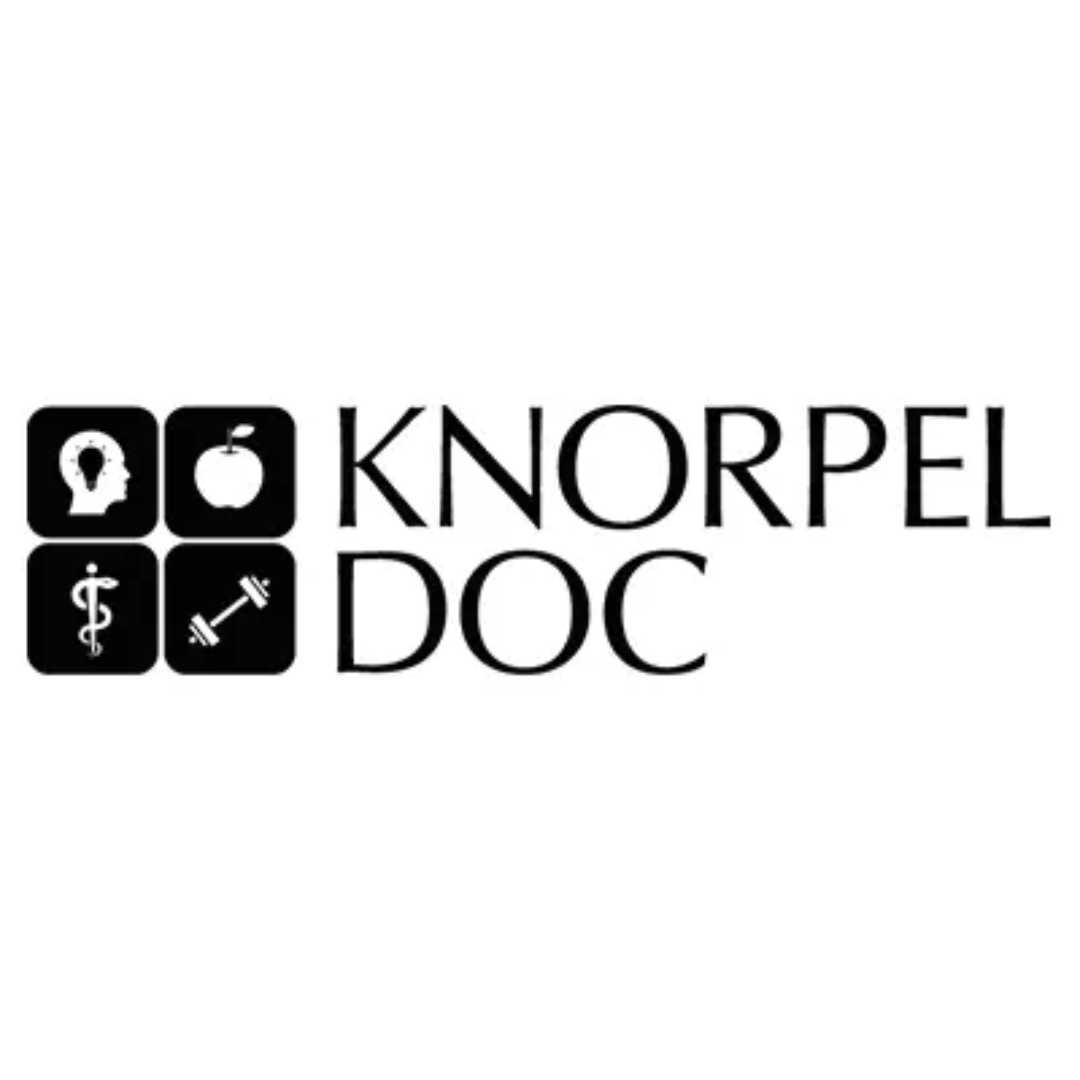

Share this listing